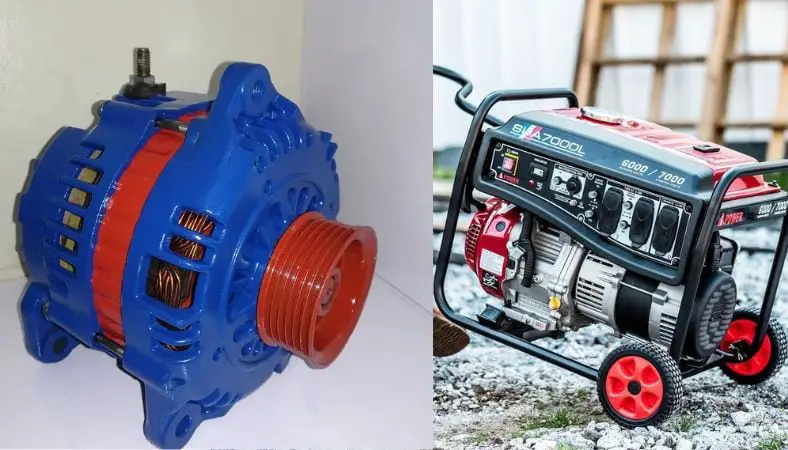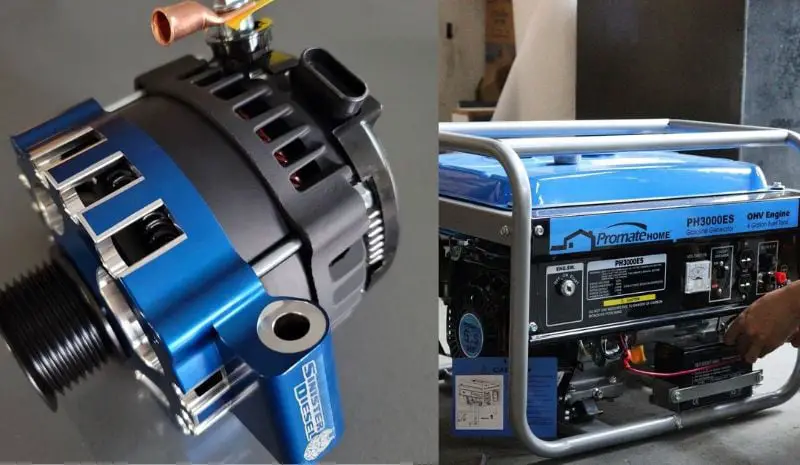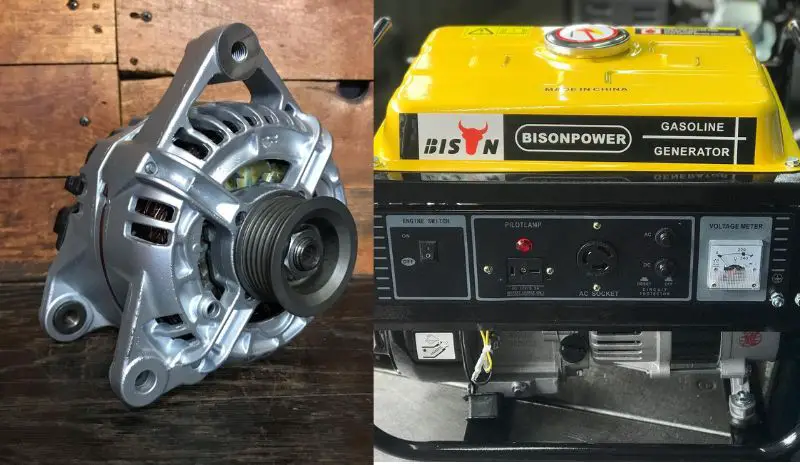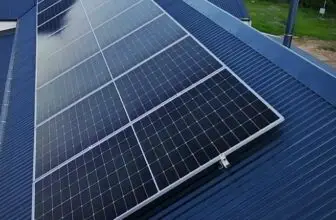
A generator is a machine that converts mechanical energy into electrical energy. An alternator is a machine that converts mechanical energy into alternating current (AC) electrical energy.
Generators and alternators are used in a variety of applications. Generators are used to power homes and businesses during power outages, while alternators are used in automobiles to charge the battery and power the electrical system. There are many differences between an alternator and a generator.`
What Is an Alternator, And How Does It Work?
Contents
An alternator is a device that generates alternating current (AC) electrical energy from a direct current (DC) source. The most common type of alternator is the rotating field type, which uses a rotating magnetic field to generate the AC voltage. There are many alternator suppliers on the market today.
The basic operation of an alternator is based on the principle of electromagnetic induction. When a conductor is moved through a magnetic field, an electric current is induced in the conductor. The direction of the current is determined by the direction of the movement and the orientation of the magnetic field.
In a rotating field-type alternator, the DC voltage is supplied to the rotor, which is a permanent magnet. The rotor is mounted on a shaft that is free to rotate. The stator is a stationary wire coil wound around a central core. The stator is connected to the AC power source.
As the rotor turns, the rotor’s magnetic field interacts with the stator’s magnetic field. This interaction produces a rotating magnetic field in the stator. The rotating field induces a current in the stator coil. The current in the stator coil is alternating because the current direction reverses as the direction of the rotating field reverses.
The AC in the stator coil is passed through a rectifier circuit, which converts the AC to DC. The DC is then used to charge a battery or to power DC devices.
The output of an alternator can be increased by increasing the number of turns in the stator coil. The output can also be increased by increasing the rotor’s rotation speed.
- Higher fuel efficiency
- Lower emissions
- More power
- Longer lasting
- More expensive
- More complex
What Is a Generator, And How Does It Work?
A generator is a machine that converts mechanical energy into electrical energy. The most common type of generator is the internal combustion engine. Other common generators include wind turbines, hydroelectric dams, and solar panels.
The word “generator” comes from the Latin word “generare,” which means “to produce.” The first generators were built in the early 1800s. They were used to power early telegraphs and railways. Today, generators power everything from homes and businesses to hospitals and airports.
Generators work by using a fuel source to create mechanical energy. This energy is then converted into electrical energy by a process called electromagnetic induction. The electrical energy produced by a generator can be used to power lights, appliances, and other devices.
Most current generators are powered by fossil fuels such as gasoline, diesel, and natural gas. These fuels are burned in an engine to create mechanical energy. The engine is connected to a generator, which converts mechanical energy into electrical energy.
- Inexpensive
- Quiet
- Low maintenance
- Limited power output
Alternator VS Generator
An alternator is a device that converts mechanical energy into electrical energy, whereas a generator is a device that converts chemical energy into electrical energy. While both devices are used to produce electricity, they operate differently.
An alternator uses a rotating magnetic field to generate electricity, while a generator uses a stationary armature to produce electricity. Additionally, an alternator typically produces more electricity than a generator of the same size.
Finally, alternators’ efficiency is more than generators, requiring less fuel to produce the same amount of electricity. For these reasons, alternators are typically used in larger applications, such as automobiles, while generators are more commonly used in smaller applications, such as power tools.
Frequently Asked Question
Can I Use an Alternator As a Generator?
An alternator can be used as a generator, but it is not as efficient as a dedicated generator. An alternator produces alternating current (AC), while a generator produces direct current (DC). AC is more difficult to store than DC, so an alternator must be used with a battery to store the energy it produces.
How To Convert a Generator To an Alternator?
Yes, a generator can be converted into an alternator. The process is relatively simple and only requires a few tools. First, the generator must be disconnected from the engine. Next, the alternator must be mounted in place of the generator. Finally, the wires must be reconnected to the alternator.
What Is the Advantage of an Alternator Over a Generator?
An alternator is an electrical generator that uses a rotating magnetic field to produce alternating current (AC) from a DC source. Alternators are more efficient than generators and can produce more power for a given size and weight. Additionally, alternators are typically less expensive than generators.
Conclusion
A generator is a machine that converts mechanical energy into electrical energy, while an alternator is a machine that converts mechanical energy into alternating current electrical energy. Generators are used in various applications, from small portable units to large stationary industrial units. Alternators are also used in various applications but are most commonly found in automobiles. Both generators and alternators have their own set of advantages and disadvantages.








